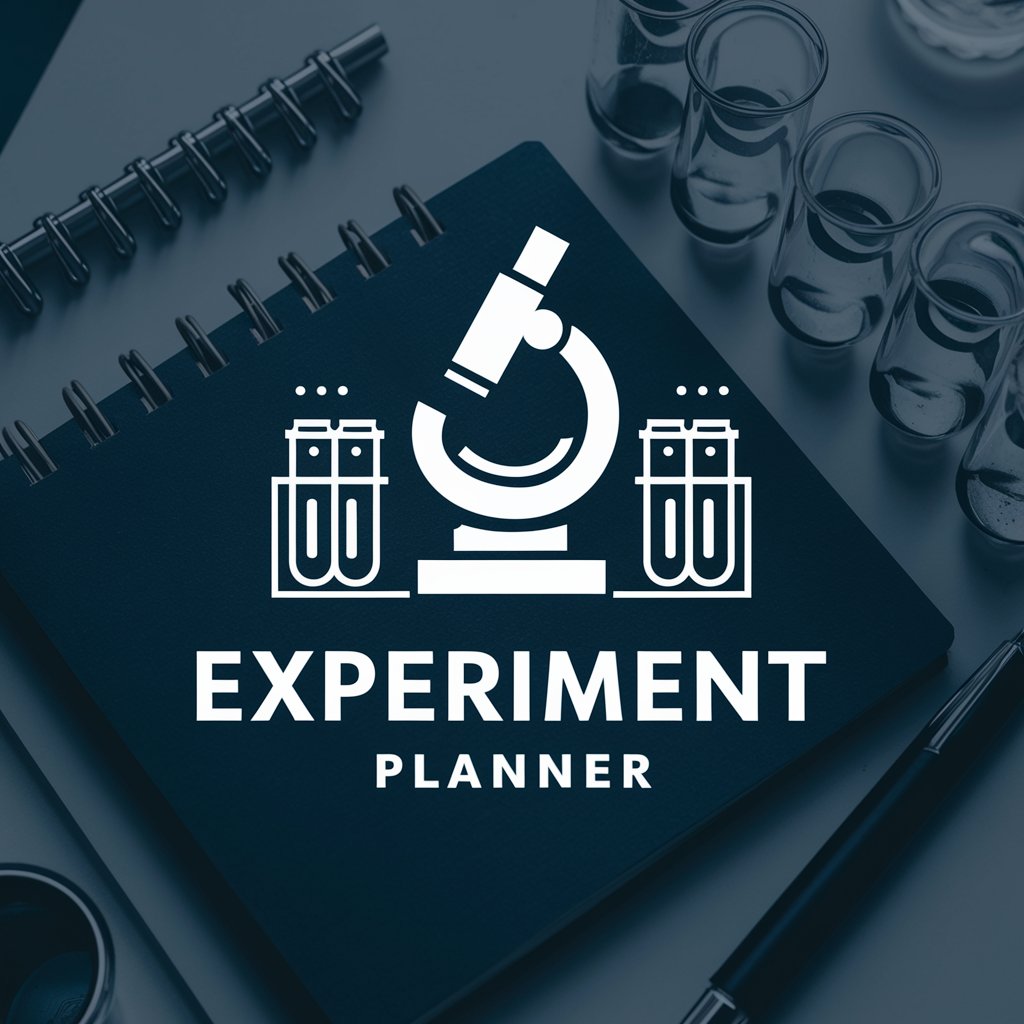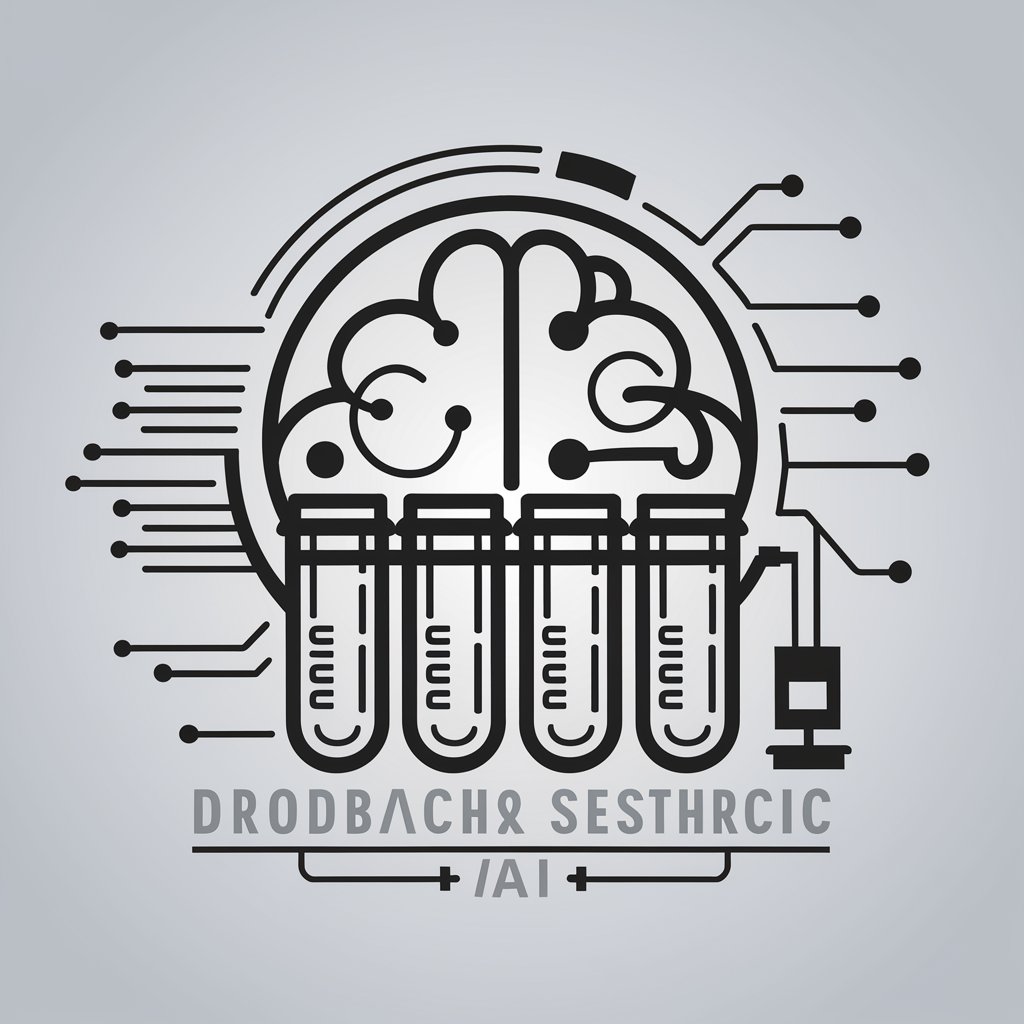
CFD Experiment Designer - CFD Simulation and Testing
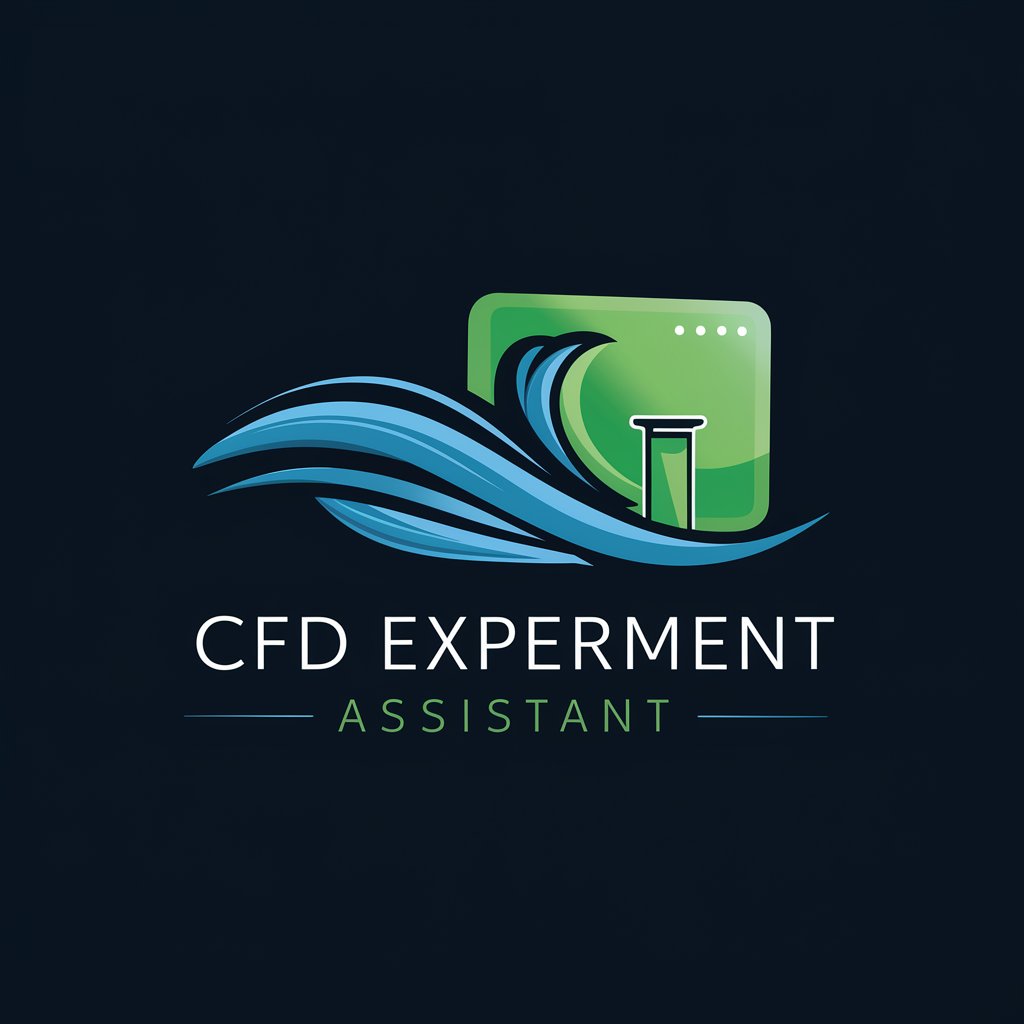
Hello! Ready to design your CFD experiment?
Optimize Experiments with AI-Powered CFD
Design an experimental setup to validate CFD simulations of...
What parameters should be considered when aligning physical experiments with CFD models for...
How can data collection be optimized for CFD validation in experiments involving...
Explain the rationale behind choosing specific conditions in CFD and experimental setups for...
Get Embed Code
Introduction to CFD Experiment Designer
CFD Experiment Designer is a specialized AI assistant tailored for computational fluid dynamics (CFD) professionals and enthusiasts who seek to align their physical experiments with computational simulations. The core purpose of this assistant is to facilitate the design, optimization, and validation of CFD simulations through detailed experimental setups. By leveraging insights on fluid dynamics, thermodynamics, and related disciplines, it aids in planning experiments that mirror the conditions and parameters of CFD models, ensuring the collection of relevant and accurate data. For example, if a user is working on aerodynamic simulations of a vehicle, CFD Experiment Designer could suggest wind tunnel testing setups, including specific models for turbulence and boundary conditions that closely match the simulated environment. Powered by ChatGPT-4o。

Main Functions of CFD Experiment Designer
Experimental Setup Guidance
Example
For an engineer optimizing the aerodynamics of a new drone design, the assistant could suggest specific wind tunnel configurations, including scale model dimensions and instrumentation placement for measuring lift and drag forces.
Scenario
This function is vital in preliminary design phases where physical prototypes might not yet exist, enabling the validation of CFD models against controlled, real-world conditions.
Optimization of Data Collection
Example
In studying the heat transfer characteristics of an innovative heat exchanger, the assistant might recommend particular types of thermocouples and their placement on the exchanger’s surface to best capture temperature gradients.
Scenario
Such guidance ensures that experimental data is highly relevant and can be directly compared to simulation results, aiding in the refinement of models and the design itself.
Rationale Behind Experimental Designs
Example
When investigating fluid flow and sediment transport in river engineering, the assistant could explain the choice of using Particle Image Velocimetry (PIV) for capturing the flow field around structures, emphasizing its advantages in capturing complex flow patterns over traditional methods.
Scenario
This feature helps users not only in setting up experiments but also in understanding why certain methods are preferred, based on the nuances of fluid dynamics principles and the specific objectives of the study.
Ideal Users of CFD Experiment Designer Services
CFD Engineers and Researchers
Professionals involved in the development and analysis of CFD models across various industries (e.g., aerospace, automotive, civil engineering) who need to validate their simulations with empirical data. They benefit from tailored experiment designs that align closely with their simulation parameters, enhancing the reliability of their models.
Academic Researchers and Students
Individuals in academic settings working on fluid dynamics projects can use the service to design experiments for theses or research projects, ensuring that their physical experiments effectively complement their computational research.
Product Development Teams
Teams tasked with developing new products that involve fluid flow, such as HVAC systems, water pumps, or aerodynamic vehicles, will find the assistant invaluable for suggesting experimental setups that help refine product designs through accurate simulation validation.

Guidelines for Using CFD Experiment Designer
Initiate a Trial
Start by accessing yeschat.ai to try the CFD Experiment Designer with no requirement for a login or ChatGPT Plus subscription.
Explore Interface
Familiarize yourself with the user interface and available tools to understand how to set up and manage your CFD experiments.
Define Experiment Parameters
Set specific parameters and conditions that mimic your physical experiment environment to ensure accurate simulation results.
Run Simulations
Conduct multiple simulations with varied parameters to understand the fluid dynamics and optimize your experiment setup.
Analyze Results
Utilize the analysis tools to interpret simulation data, which can help refine your experiment design and improve real-world applications.
Try other advanced and practical GPTs
Experiment Advisor
AI-powered Research Advisor
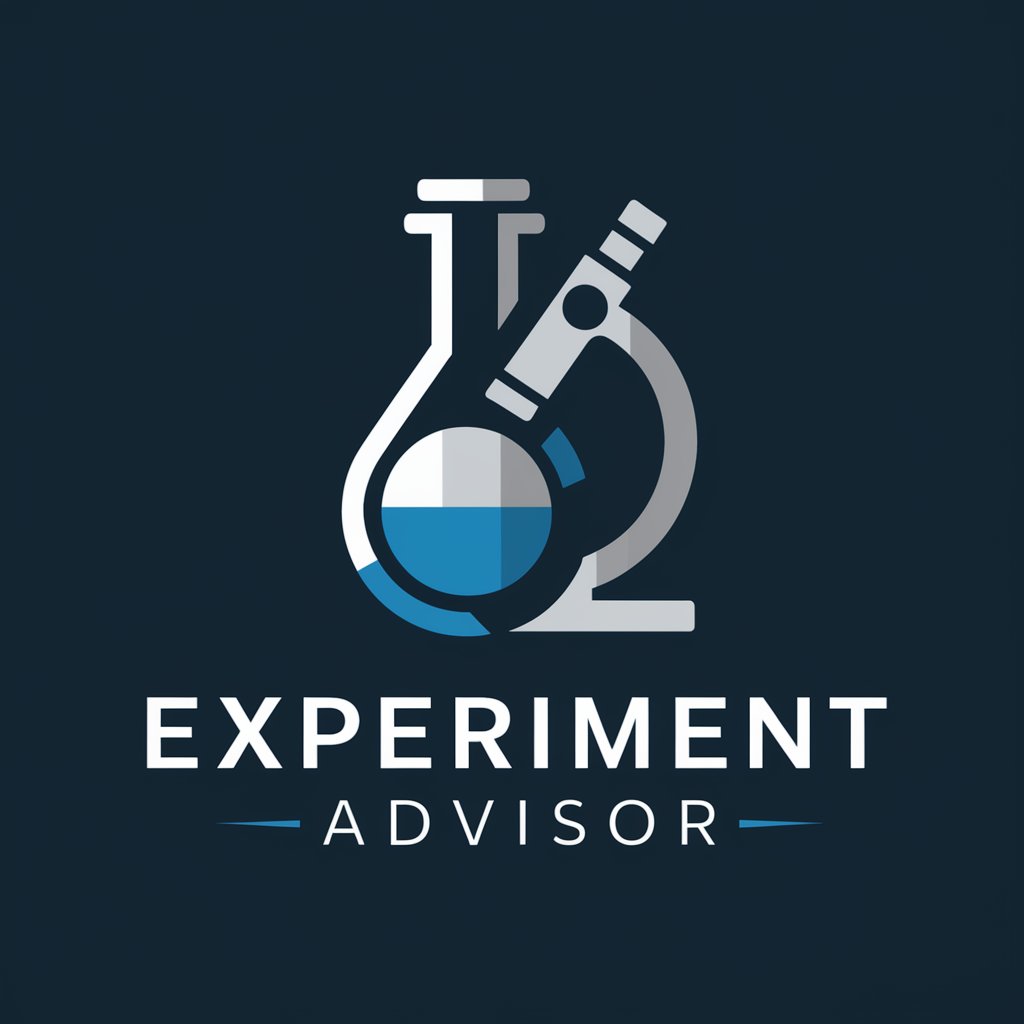
Science Experiment Guide
Igniting Curiosity with AI-Powered Science Experiments
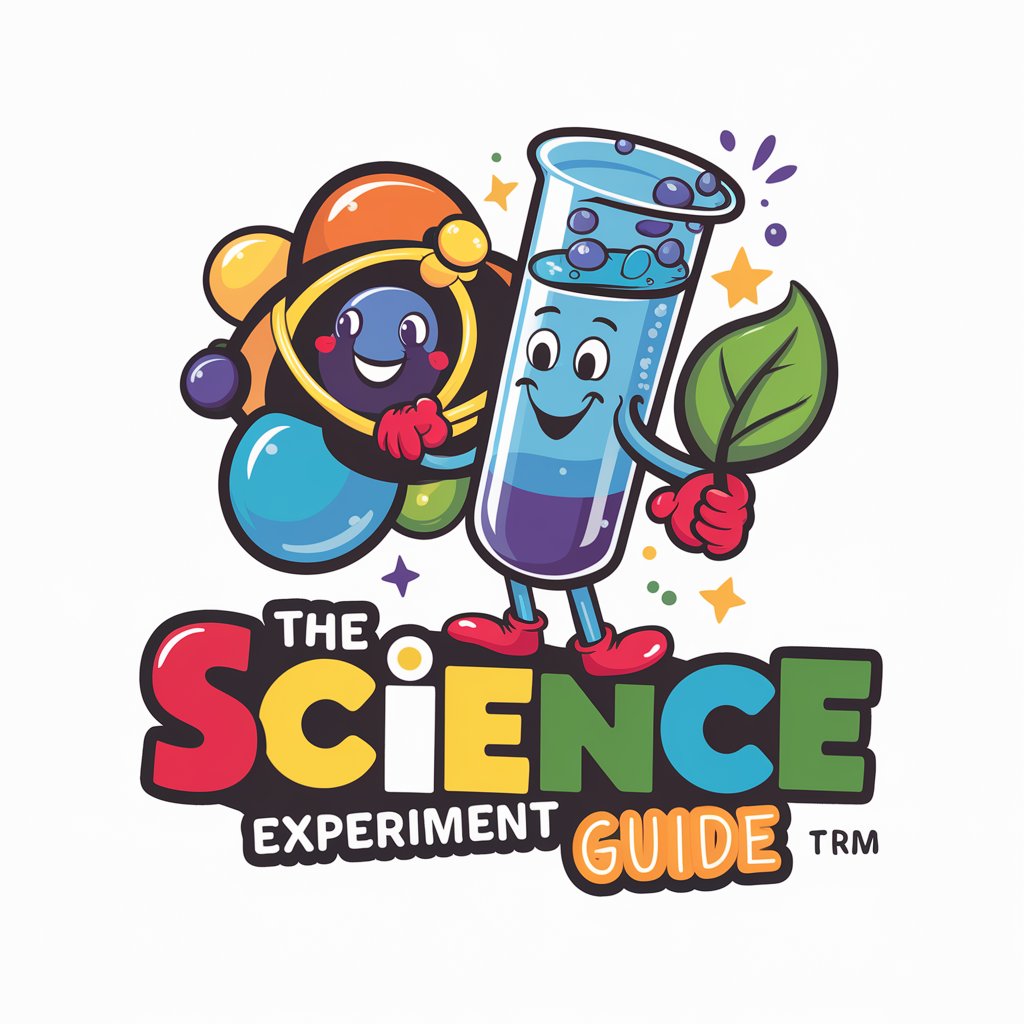
Complex Experiment Design Assistant
Elevate Physics Experiments with AI
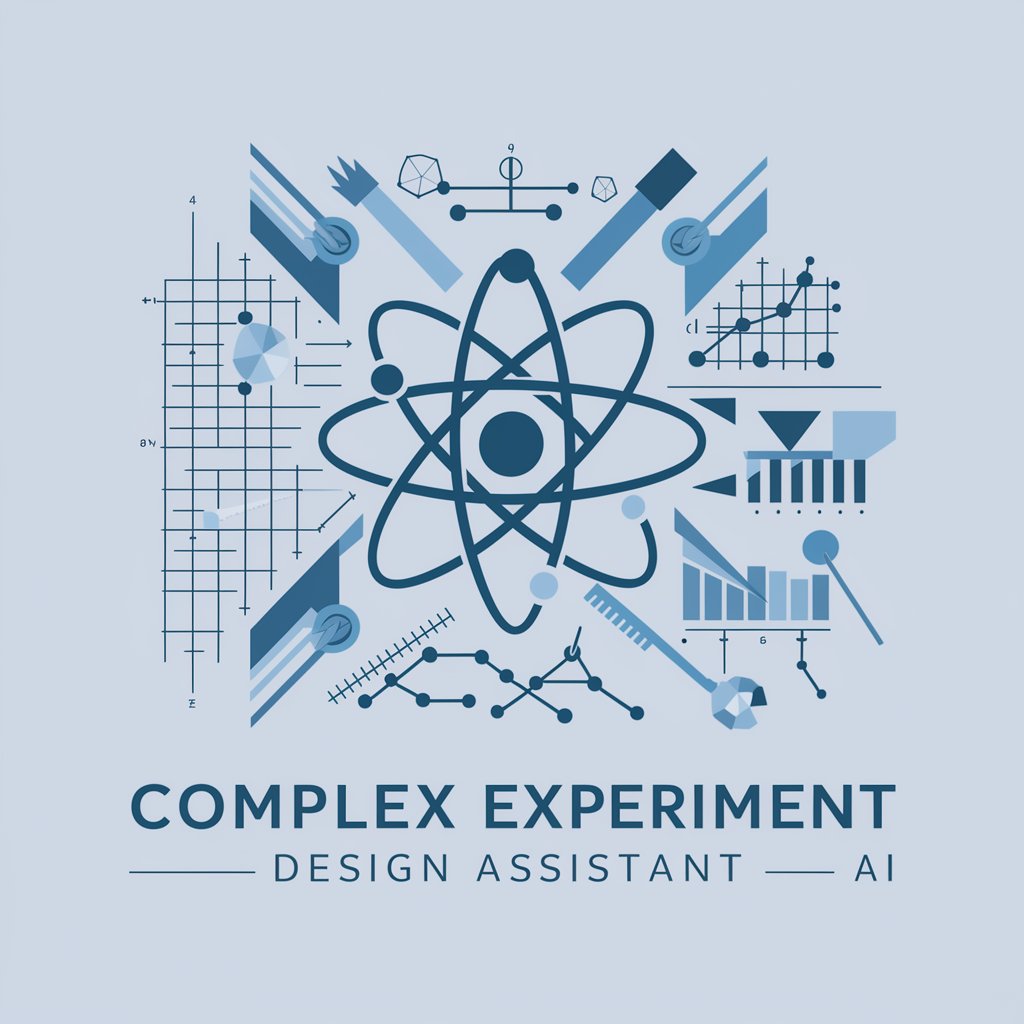
DM Genie for Online Teachers (Trial Version)
Crafting personalized education messages with AI
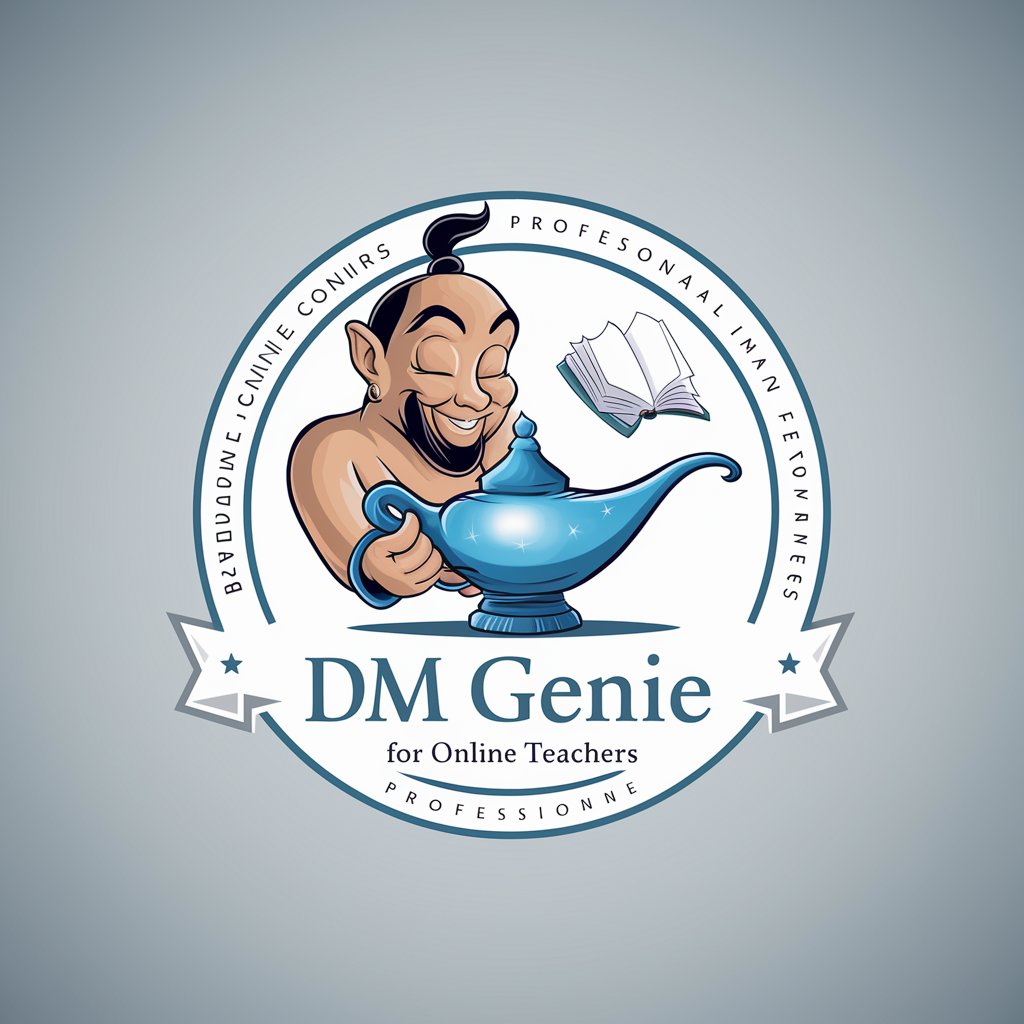
Rust Copilot
Empowering Rust Development with AI

Can I Trust This?
Empowering Truth with AI

User Experiment Helper
Powering Research with AI Insights
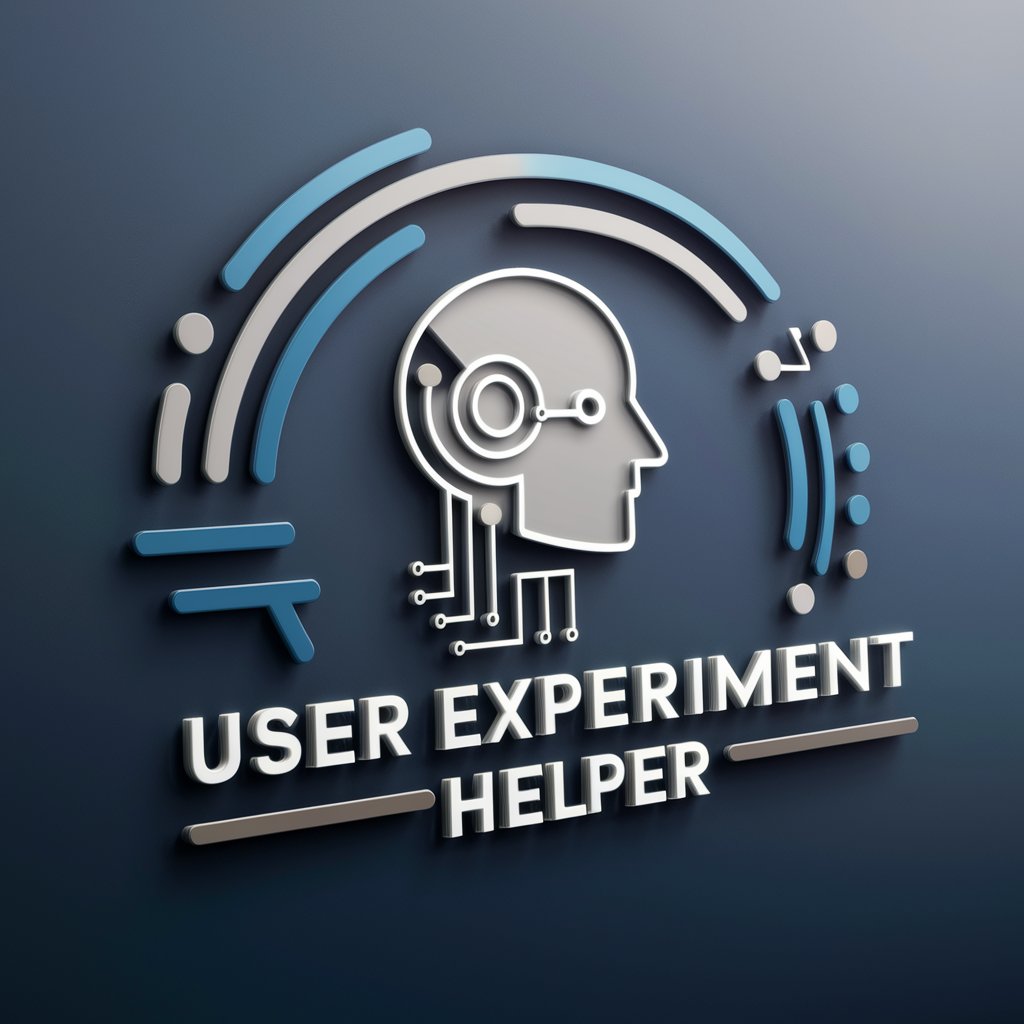
Vertiefungsarbeit Experiment
AI-powered Bicycle Mechanics Insight

MYファッションコーディーネーター
Empowering Your Style with AI

My Butler
Elevate Your Home Experience with AI-Powered Butler Advice

My Mechanic
Empowering DIY Car Care with AI
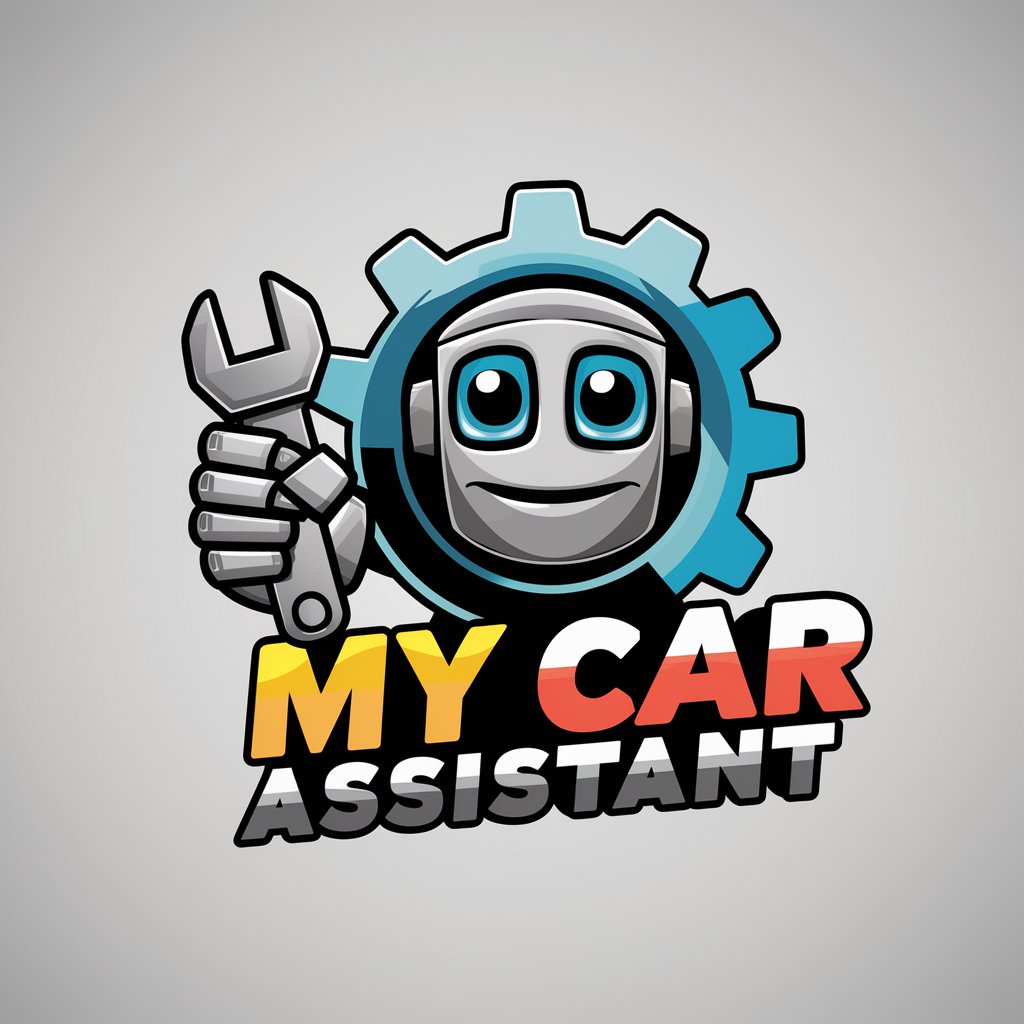
My Affirmation
Empower your mindset with AI
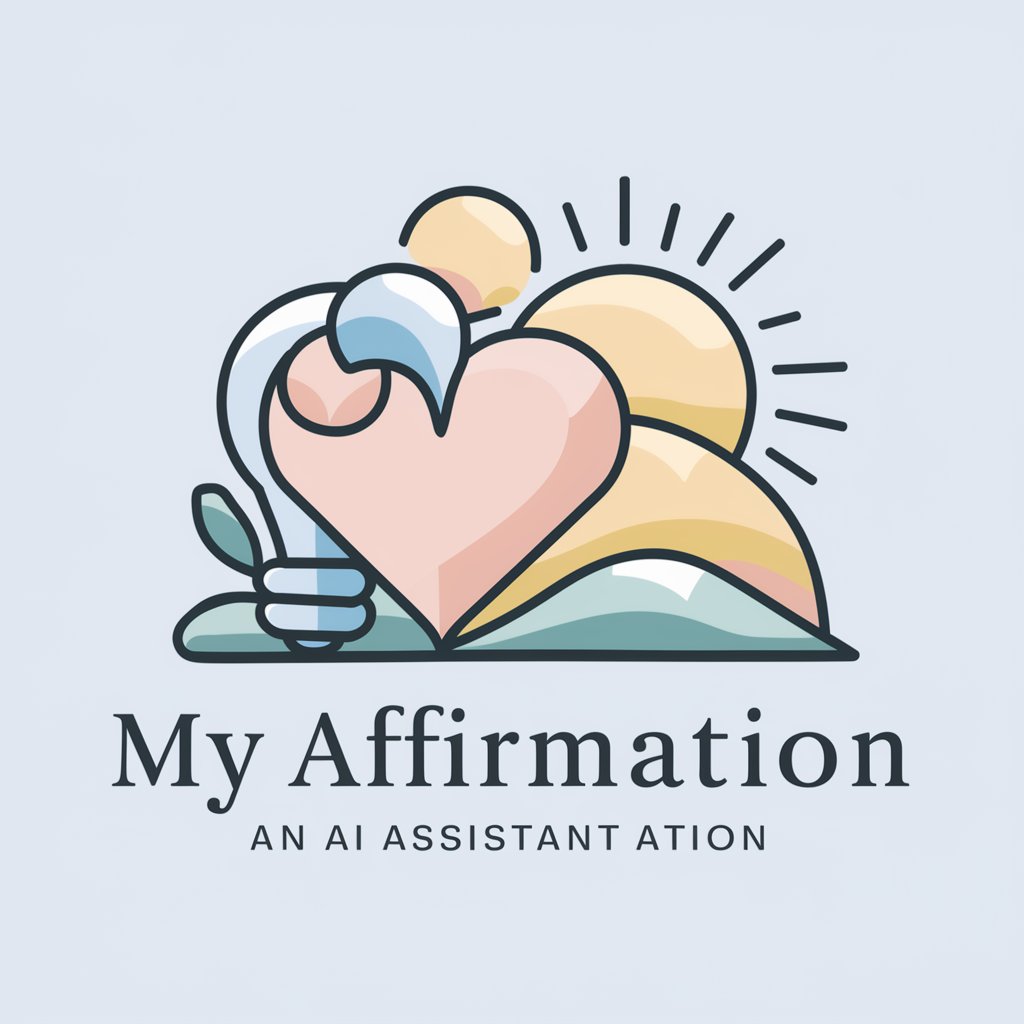
Frequently Asked Questions about CFD Experiment Designer
What is the main purpose of the CFD Experiment Designer?
The primary purpose is to aid in the design and validation of physical experiments through computational fluid dynamics simulations, ensuring alignment between simulated and real-world conditions.
Can I use this tool for educational purposes?
Absolutely. It's highly suitable for academic settings where students and researchers can apply CFD principles in a controlled, repeatable manner to study fluid dynamics and thermodynamics.
How does CFD Experiment Designer handle data from real-world experiments?
It allows users to input experimental data, which can then be used to calibrate simulation parameters for closer alignment with physical observations.
What makes this tool different from other CFD software?
CFD Experiment Designer focuses on the integration of experimental data into simulations, providing a unique platform for experiment design and optimization that is not commonly available in standard CFD packages.
Is there support available for new users?
Yes, the platform includes tutorial resources, and additional expert support can be accessed through user forums and direct customer service channels.

